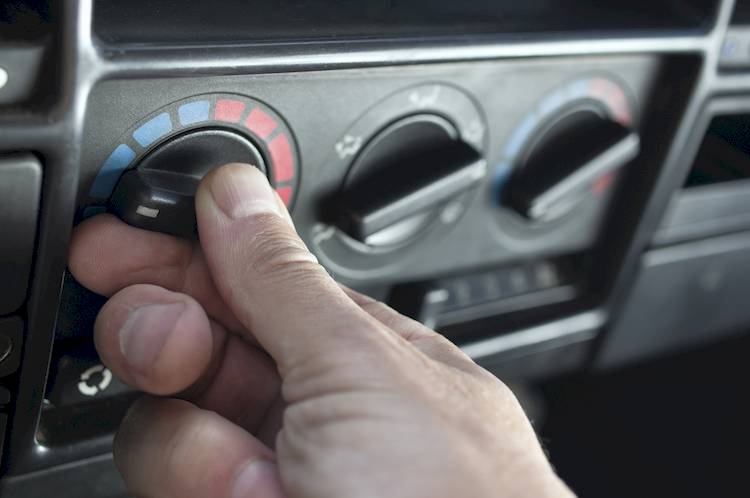

The heater bypass tube is a cooling system component found on many road going cars and trucks. It’s purpose is to serve as a cooling system passage that bypasses the thermostat, so that there is coolant flow even when the engine thermostat is closed. The coolant bypass tube provides a passage for minimum coolant flow, so that the engine does not overheat from insufficient cooling when the thermostat is closed and restricting coolant flow.
While servicing the bypass tube is not generally considered routine maintenance, it is still prone to the same issues that all cooling system components are susceptible to, and can sometimes require attention. Usually a faulty heater bypass tube will produce a few symptoms that can alert the driver of an issue.
Coolant smell
One symptom of an issue with heater bypass tube is a coolant smell from the engine bay. Most heater bypass tubes use an o-ring or gasket to seal the bypass tube to the engine. If the o-ring or gasket wear out or tear, coolant will begin to leak from the bypass tube. This may produce a coolant smell from the vehicle’s engine bay. Some coolant bypass tubes are located near the top of the engine, and as a result may produce a coolant smell far before any coolant can be visibly detected without opening the hood.
Coolant leak
The most common symptom of an issue with the heater bypass tube is a coolant leak. If the bypass tube gasket or o-ring become damaged, or the bypass tube leaks due to excessive corrosion it may cause a coolant leak. Depending on the severity of the leak, coolant may or not leak onto the floor or underneath the vehicle. A faulty gasket or o-ring may require a simple replacement of the seal, while a corroded tube will usually require replacement.
As the coolant bypass tube is a component of the engine’s cooling system, it’s failure can lead to engine overheating and potential serious engine damage. If your vehicle’s bypass tube is leaking, or has another issue, have the vehicle inspected by a professional technician, such as one from YourMechanic, to determine if the bypass tube requires replacement.



